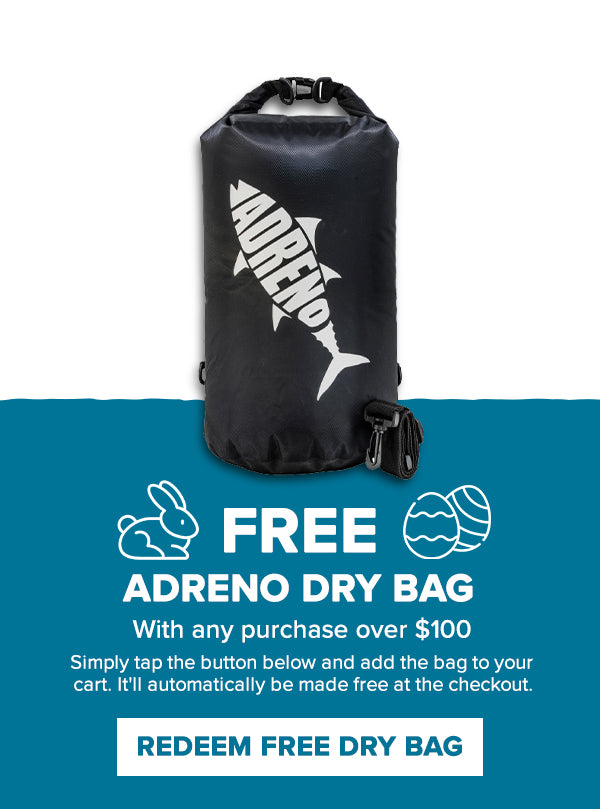Plastic in the Ocean: The Problems and Solutions for a Sustainable Future
July 21, 2022 2 min read

As part of Adreno's commitment to a sustainable future, we sponsor and partner with leading charities to help protect and preserve the ocean we depend on. Positive Change for Marine Life (PCFML) has been working closely with us to help achieve these goals. Below is a feature article by PCFML tackling these issues head on...
Plastic pollution is a global problem and is showing no indication of slowing down. While plastic may have made our lives more “convenient”, for many years we have seen the growing negative effects it is having on our environment. The world produces more than 380 million tonnes of plastic each year and of that 14 million tonnes enters the ocean. Plastic makes up 80% of all marine debris, most of which are single-use plastics such as shopping bags, cups and straws.
It is the wealthy countries that tend to produce much more plastic waste per person than developing countries, 0.2 to 0.5 kilograms per person per day compared to 0.01 to 0.07 kilograms per person per day. However, wealthy countries tend to have better waste management systems and so the waste is less likely to end up in the ocean. Therefore, a focus on waste management and source reduction in developing nations is vital.
This is exactly what Australian based charity, Positive Change for Marine Life (PCFML) has decided to focus on as a part of their Global Programs in India and the Solomon Islands.
Waste Collection Service
PCFML works with households in Vizhinjam and Kottapuram in southern India as well as Gizo Town in the Solomon Islands, to regularly operate a Waste Collection Service. This involves collecting, segregating, cleaning, and recycling plastic materials from local households. Currently, over 219 households and schools participate in the Waste Collection Service and the program continues to grow.
This is exactly what Australian based charity, Positive Change for Marine Life (PCFML) has decided to focus on as a part of their Global Programs in India and the Solomon Islands.
Waste Collection Service
PCFML works with households in Vizhinjam and Kottapuram in southern India as well as Gizo Town in the Solomon Islands, to regularly operate a Waste Collection Service. This involves collecting, segregating, cleaning, and recycling plastic materials from local households. Currently, over 219 households and schools participate in the Waste Collection Service and the program continues to grow.

Leave No Trace Program
The Leave No Trace Program targets market vendors and other local businesses in India and the Solomon Islands where PCFML Global Programs are located. This involves researching, developing and introducing sustainable single-use products and packaging to replace the proliferation of single-use plastics. PCFML estimates that 39 million single-use plastic products have been eliminated at their source every year because of these programs.

What’s next?
In the future PCFML hopes to develop frameworks for more efficient waste collection and treatment, while also exploring strategies to incentivise recycling. It is the hope that bringing public and private sectors together through multi-stakeholder platforms will magnify these efforts. This is what the suite of 'Global Programs' aims to achieve in developing coastal communities around the world. PCFML aims to contribute towards system-level change - restoring marine biodiversity, while creating sustainable livelihoods for those who rely on the ocean for survival.
What can you do?
There are plenty of things you can do at an individual level to reduce your plastic consumption, such as choosing sustainable products and clothing, buying from ethical businesses, as well as lobbying the government and companies to make the shift. By supporting organisations such as PCFML you can help make a difference in reducing plastic pollution on a larger scale.
What can you do?
There are plenty of things you can do at an individual level to reduce your plastic consumption, such as choosing sustainable products and clothing, buying from ethical businesses, as well as lobbying the government and companies to make the shift. By supporting organisations such as PCFML you can help make a difference in reducing plastic pollution on a larger scale.



